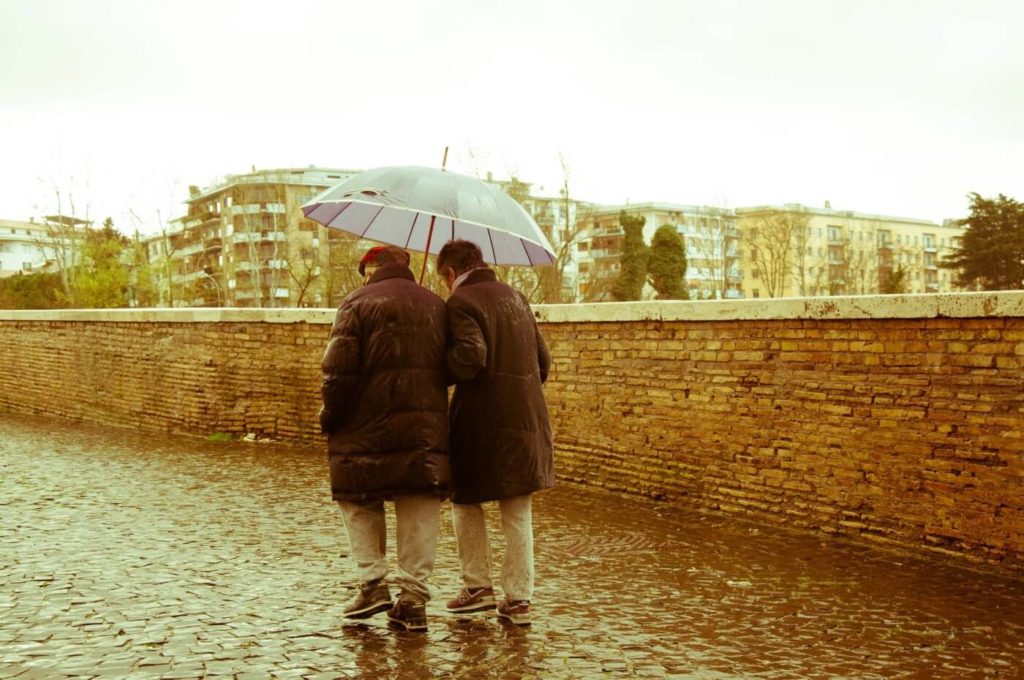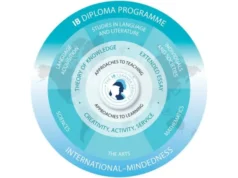
Let’s face it; we all have regrets in life. Here in the UK, recent events, whether that be political, financial, personal, or even life achievement, as reported by the BBC, may be regretted in the future.
As older generations age and begin to reflect on their lives, funeral planning may not be too far from their minds. But what is it they regret most about their life? A Loving Tribute surveyed over 500 UK based over 65’s to ask what advice they would give to their 18-year-old self before they die and see what the public really do regret from their youth.
A Loving Tribute, providers of personalized funeral stationery and specializing in order of service templates, aim to ensure your experience is as hassle-free as possible and deliver the best printing quality. You can see their full range of the order of service templates here.

The biggest and most common regrets were not looking after their mental health and wishing they had maintained a positive mental attitude in their earlier years. The majority of these answers had a common theme of having a more positive outlook on themselves, including:
- Be true to yourself
- Believe in yourself
- Be confident
- Don’t worry
- Love yourself
- Be kind to yourself
There has recently been a lot of focus around the pressures younger generations are facing these days, with increasing job competition and financial struggles. However, there is also a huge focus within the government and media regarding mental health. Although systems may not yet be perfect, mental health support has certainly advanced within the last decade.
Schools and businesses are now more aware of the problems of mental health and how to spot them. The stigma is slowly being removed as the public is more open to talking about it to both professionals and loved ones.
Would Britain’s current OAP’s still see these as their biggest regret if they were offered the same support teenagers are provided today and if they were able to talk about these issues as openly as many of us do today?

Perhaps we could interpret this as teenhood being a struggle to find one’s own identity, no matter what period of history we experience this in. This advice may have been given due to many of us realizing as we age that these worries fade away throughout life.
Following on, the next biggest regret of those surveyed was not achieving academic or career goals. Answers included:
- Study harder
- Go to uni
- Go back to school
- Be ambitious in your career
- Learn a trade
- Work and learn hard
Nowadays, teenagers are faced with a myriad of choices when planning their future career paths. University is now open to those of all backgrounds and is not inclusive of teenagers from high-earning families.
However, many teenagers are choosing to skip university to learn trades or take on apprenticeships to get ‘ahead of the game’ and have more experience on their CV than their friends who may have chosen to attend university.
A significant element of this is down to the increasing costs of university and the lingering debt many youngsters will be left in for a large portion of their lives.
Unfortunately, we are never able to see if these decisions were the right ones until many years later. While many of those surveyed wished they had bettered themselves to achieve the career they desired, would they pass this advice onto today’s teenagers? Were they seeking more knowledge, job satisfaction, or was this down to struggling finances from low-paid careers?

Money was also a continuing theme throughout the results of this survey. While many may think their biggest regret financially would be regretting a large purchase or not achieving a bigger salary, almost all answers were related to saving.
- Save
- Save more
- Start saving
- Start small savings account the day you start work and put something in every payday
- Get an excellent pension scheme
- Get a pension
On reflection, respondents regret not saving for later life, most commonly for retirement. It can be somewhat redundant, enjoying your working life and splashing the paycheque if you are left counting the pennies after you do retire. This can also be down to the worry of leaving loved ones with little inheritance after they die to pay for funeral expenses or outstanding payments spouses or children may be left to deal with.
With many younger people struggling to get onto the housing market, let alone saving for a decent pension, it appears 18-year-olds can learn a lot from the mistakes made 5-6 decades ago.
A shock revelation from those surveyed also revealed that many have a negative view of relationships throughout a lifetime. With answers that voiced a warning for making decisions too young and not taking the time to evaluate their future. Answers included:
- Don’t get married
- Don’t have kids
- Don’t sign the adoption papers
- Do not get married at 18
- He’s a liar
- Stay single
Data shows the average age of marriage in 1973 was 28 for men and 26 for women. In 2013, the average age was 36 for men and 34 for women. While this could be down to numerous factors, we can take from this that younger generations may have witnessed their older relatives regret such commitment at a young age and been taught a valuable lesson.

It could also be attributed to the advice from over 65’s regarding education and careers, many in their 20’s and 30’s are now focusing on their job before family and relationships.
A focus we all have in life is looking after our health. The survey results show that many regrets are not doing so in their youth and are now facing the consequences. Answers included:
- Stop drinking
- Don’t smoke
- Don’t put weight
- Keep fit
- Don’t give up sport and exercise
Nowadays, the public is more aware of how to maintain their health and what to avoid to keep fit and healthy. Although 50 years ago, we knew alcohol, smoking, and drugs hurt our bodies, the full extent was not apparent. Premature deaths were more frequent, leaving the awful burden of a funeral with spouses.
Many teenagers today choose to avoid intoxicants entirely, and the new ‘it’ things are to look after your body and spend your spare time in the gym instead of the pub. Have younger generations witnessed the impact of poor healthcare, or this may be the latest trend, either way, this may be the healthiest generation of teenagers we have ever seen!
What advice would you give your adolescent self? Perhaps you are happy and content with your life now and would not wish to change anything at all.
More importantly, would your teenage self listen to advise from your older person or in typical adolescent fashion, would it be ignored?














